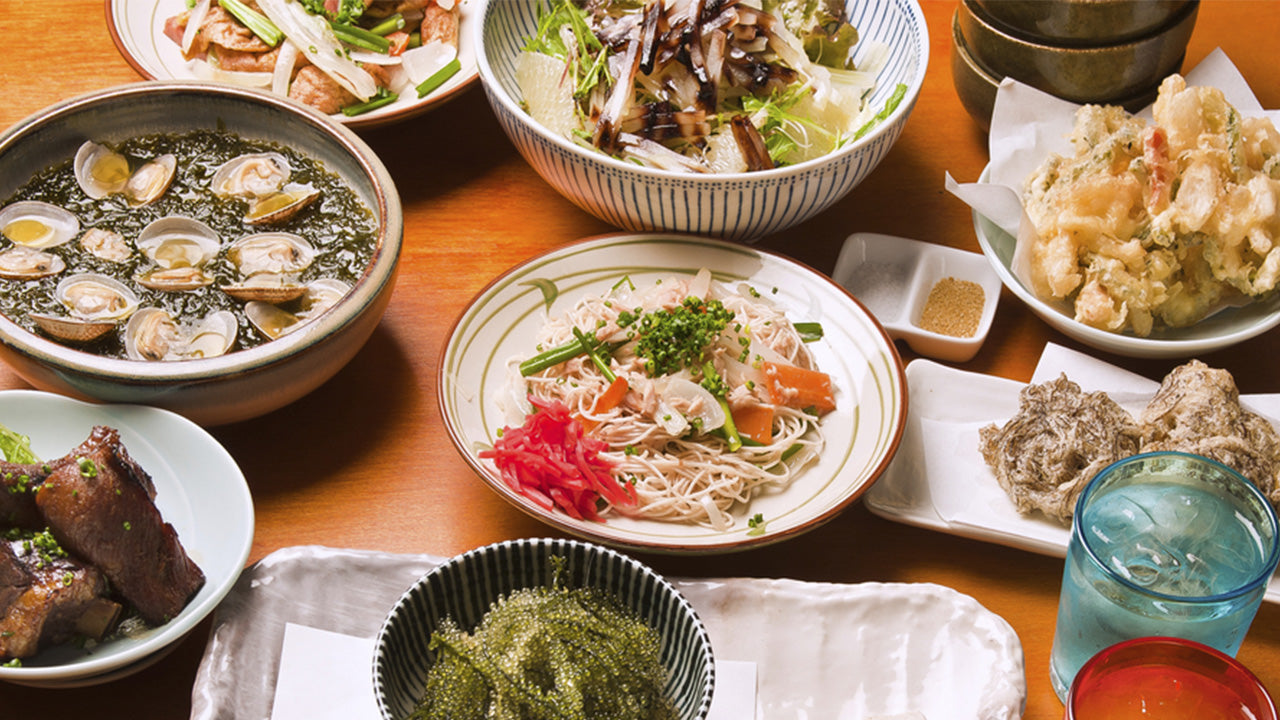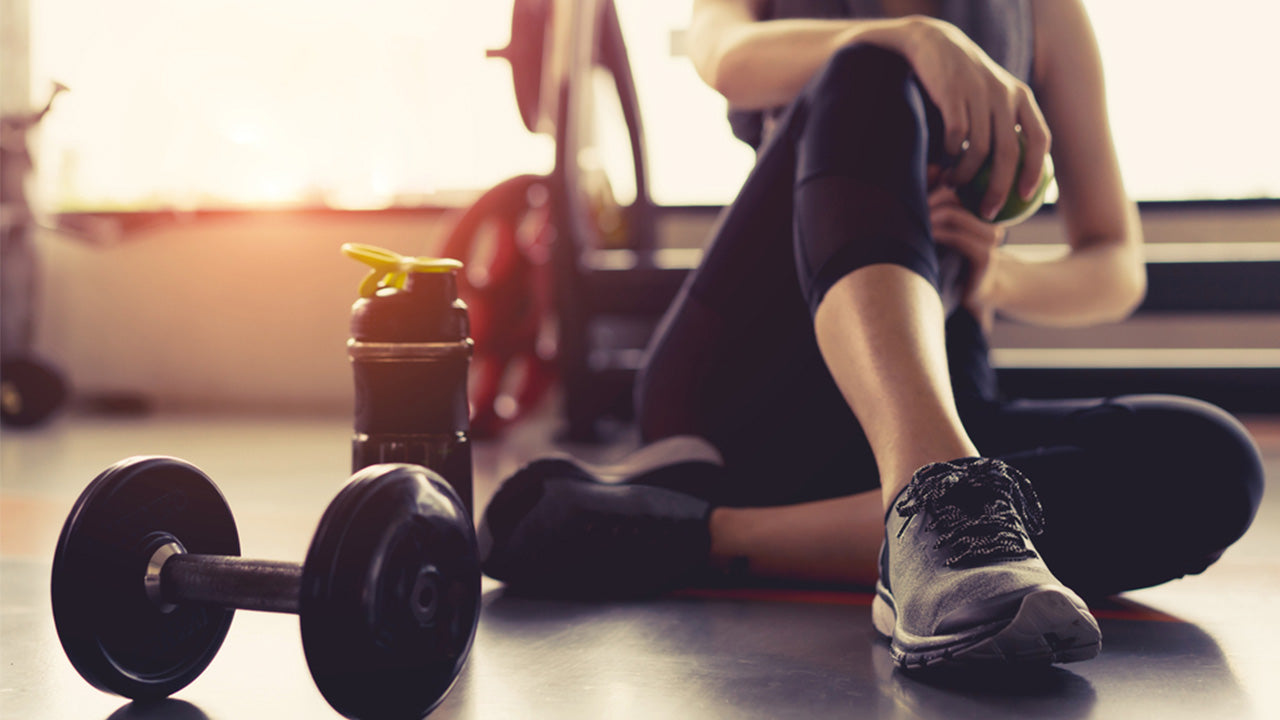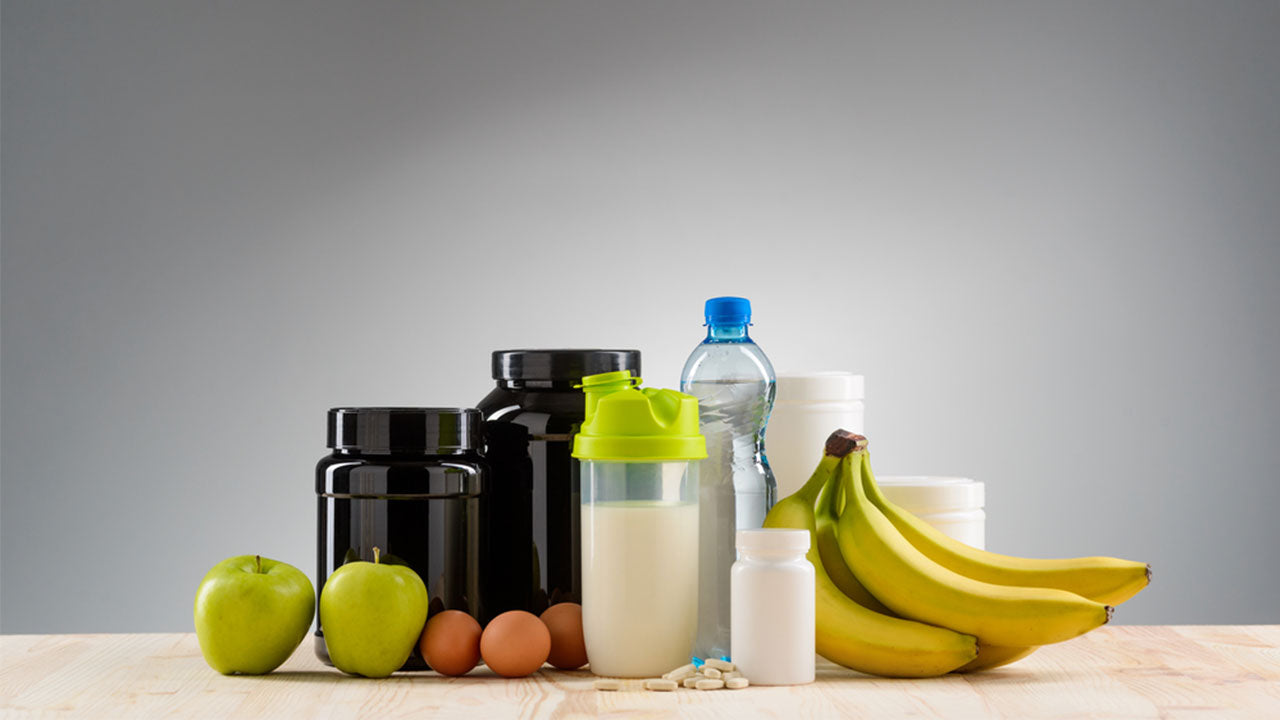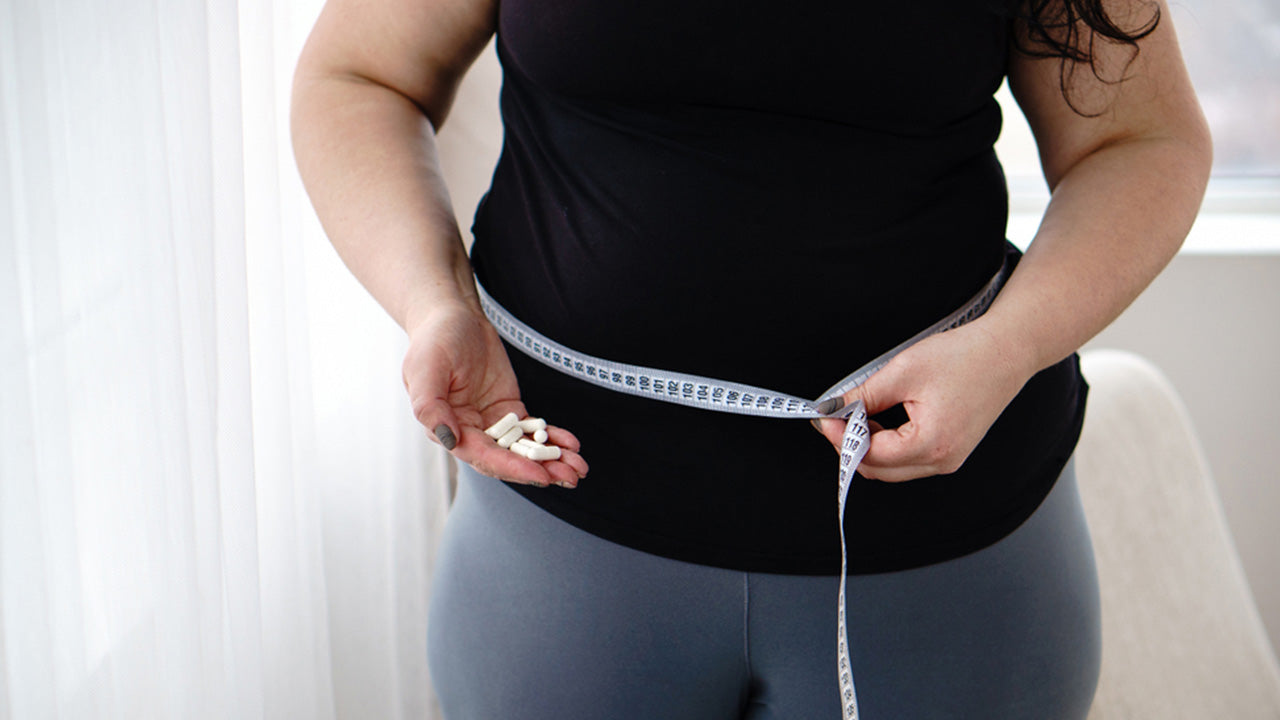Can the Okinawa Diet Help You Live Longer and Lose Weight?
 By: by Amino Science
By: by Amino Science

The Japanese island of Okinawa made headlines 20 years ago when it was declared a blue zone—a region of the world where people live the longest and the healthiest. Both the Okinawa lifestyle and the Okinawa diet contribute to the longevity of the residents. So what diet and lifestyle practices can we adopt from these centenarians so that we too can live longer and healthier?
Blue Zones and the Power 9
Okinawa is just one of five blue zone regions:
- Okinawa, Japan
- Sardinia, Italy
- Nicoya, Costa Rica
- Ikaria, Greece
- Loma Linda, California
After traveling the world looking for longevity hot spots, National Geographic Fellow and multiple New York Times bestselling author Dan Buettner, along with a team of anthropologists, scientists, and demographers, determined 9 commonalities of these blue zones, which they dubbed the Power 9.
- Move naturally: If it’s a longer life you’re after, there’s no need to sweat it out on a cardio machine or pump iron. Engaging in physical activity throughout your day—gardening, moving heavy things, participating in the manual labor activities daily life calls for—is enough to keep the body physically healthy and mobile as we age.
- Purpose: Having a call to action for your life can carry you through hardship and struggle, decrease stress, and promote happiness.
- Down shift: Taking opportunities throughout the day to relax and destress helps decrease your risk for chronic disease, as evidenced by the low disease rates in blue zone regions.
- 80% rule: Eat until you’re 80% full. It’s that simple!
- Plant slant: Fill up your plate with mostly plant-based foods and legumes. Meat is consumed 5 times or less a month.
- Wine: Apart from the Adventists in the Loma Linda blue zone, most centenarians regularly drink a moderate amount of alcohol.
- Belong: Being an active part of a faith-based community can add up to 14 years to your life.
- Loved ones first: There is a respect and appreciation for elders within blue zone communities, with grandparents and aging parents typically living in the home or nearby.
- Right tribe: A close social network of people who engage in healthy habits can go far in spreading longevity.
While each of these nine factors increases life span, the 80% rule is one that originates with the Okinawans and plays a large role in the longevity and health benefits of the traditional Okinawa diet.
Hara Hachi Bu
Okinawans live by the Confucian motto hara hachi bu, which in English means “eat until you are 80% full.”
It’s one of the reasons the Okinawa diet is good for weight loss. Following the cues of your body and eating until you are almost full is a natural way to reduce calories. You can follow the eating habits of Okinawa centenarians by:
- Putting all your focus on the food. Don’t eat in front of the television or while answering emails. Concentrate on how the food tastes and smells, consistently checking in on the full factor to make sure you don’t exceed the 80% rule.
- Chew more than you think is necessary. Did you know that when you chew a bite of food 25-40 times you absorb more nutrients? It’s also a way to trick your body into savoring the meal and feeling satisfied at 80%.
- Don’t let your eyes be the judge. Fill your plate with smaller portions. And then listen to your body. When your plate is clean, how do you feel? Are you satisfied and no longer hungry? Then you’re 80% of the way there...stop!

The Okinawa Diet Plan
Low in calories, refined sugar, and saturated fats and high in complex carbohydrates, fiber, and anti-inflammatory and antioxidant compounds, the traditional Okinawa diet plan is credited with reducing the risk of chronic disease and increasing life span. The traditional Okinawa diet consisted of 90% plant foods (mostly vegetables and beans) and less than 1% meat, fish, or dairy.
Research shows that compared to people living in the United States, Okinawans had:
- 6-12x fewer deaths from heart disease
- 5.5x lower risk of dying from breast cancer
- 7x fewer deaths from prostate cancer
- 2-3x fewer deaths from colon cancer
These estimates, however, applied to the 30 years prior to the year 2000. Since then life expectancy has declined due to Westernization and modernization of food. Okinawans now eat significantly more fat, protein, processed foods, and sugars.
If you’re chasing the longevity and weight-loss benefits of the Okinawa diet, then it’s best to look to the traditional diet as a model.
Foods to Eat on the Okinawa Diet
The Okinawa diet differs from other Japanese diets in that the Okinawans eat far less rice. The main staple of the Okinawa diet is orange and purple sweet potatoes, rich in fiber, carotenoids, potassium, magnesium, and vitamins A and C, all of which promote a healthy, long, disease-free life. Sweet potatoes also have a low glycemic index (GI), so they don’t spike blood sugar like other carbs can.
The following list is by no means comprehensive, but filling your plate with copious amounts of any of these options is likely to get you that much closer to the 100-year mark. Apart from the occasional consumption of meat, you’re correct to assume that the Okinawa diet is similar to the vegan diet. It’s also reminiscent of the Mediterranean diet, which isn’t as restrictive and doesn’t lean so heavily on soy products.
Veggies:
- Purple and orange sweet potatoes
- Seaweed (Kombu, hijiki, and mozuku)
- Daikon radish
- Bamboo shoots
- Bitter melon (goya)
- Cabbage
- Carrots
- Chinese okra
- Dark, leafy greens
- Pumpkin
- Green papaya
- Shiitake mushrooms
Soy foods:
- Tofu
- Miso
- Edamame
- Natto
Legumes:
- Soy beans
- White, red, and black beans
Whole grains (in very small amounts):
- Millet
- Wheat
- Rice
- Noodles
Meat and fish (occasionally):
- White fish
- Pork (occasionally)
Herbs and spices:
- Turmeric
- Fennel seeds
- Mugwort
- Okinawan peppers
Alcohol is consumed moderately and jasmine tea liberally along with broth (daishi) and medicinal spices and herbs like turmeric.
Foods to Avoid on the Okinawa Diet
The foods to avoid are just as important as the foods to eat when it comes to the weight-loss and longevity benefits of the Okinawa diet.
As with any health-promoting diet, avoid:
- Refined sugars and grains (white rice, pasta, bread)
- Processed foods (cereal, vegetable oils, bagged and boxed snacks)
- Processed meats and red meat (cured meats like hot dogs, bacon, sausage)
The Okinawan people do, however, limit their intake of foods considered acceptable and promoted by some other diet plans:
- Meats: poultry, beef
- Dairy products: milk, eggs, cheese, yogurt
- Legumes: lentils, chickpeas, peanuts
Nutritional Pitfalls of the Okinawa Diet
Any diet that encourages eating more nutrient-dense vegetables is a diet we can get behind, but there are some nutritional compromises that can occur if strictly following a traditional Okinawa diet: too much sodium and not enough protein.
The American Heart Association advises consuming no more than 2300 milligrams of sodium a day if you have normal blood pressure and sets the preferred limit at 1500 milligrams of sodium a day, especially if you have high blood pressure. On average, the Okinawa diet delivers 3200 milligrams of sodium a day—definitely a note of caution for those with high blood pressure or at risk of cardiovascular disease or related illnesses. A cup of miso soup has 600 milligrams of sodium and 1 tablespoon of soy sauce has nearly 900 milligrams, so it's easy to see how it adds up!
As with any diet that leans heavily on plant-based foods, the Okinawan diet may also make it difficult to meet your daily protein needs, especially if you are fit and active and have higher energy needs than more sedentary individuals.
We’ve got the solution to any protein worries you may have about the Okinawa diet. Amino Co essential amino acid powders make it easy to satisfy your body’s protein requirements. Essential amino acids make up the protein that forms your muscles, skin, bones, hair, and pretty much every other tissue and body part. Just 3 scoops a day of our clinically proven and expertly formulated products help prevent the natural decline of muscle and heart function that begins at around age 40.
If it’s a long life you’re after, then amino acids should be part of your healthy living plan. Find out more about how essential amino acids can increase your lifespan here.

Up to 25% off Amino
Shop NowTAGS: #diet plans
Join the Community
Comments (0)
Most Craveable Recipes





 833-264-6620
833-264-6620



















